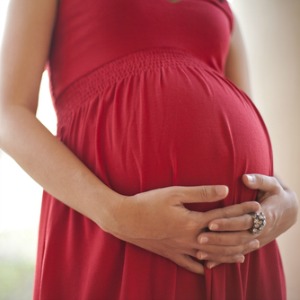Few anxious pregnant women referred for specialist treatment

Pressure on GPs and continuity of care is negatively impacting referral rates of women suffering pregnancy-related mental health problems, it has been suggested.
The Royal College of Obstetricians and Gyneacologists (RCOG), which surveyed 2,300 women who had given birth over the past five years in the UK, found that 81% had experienced at least one episode of a mental health problem during or after their pregnancy.
As for the mental health problems experienced, two thirds of women cited low mood, around half anxiety and just over a third depression.
But only 7% of women who reported experiencing a maternal mental health condition were referred to specialist care. And for over a third (38%) of the women who were referred it took over four weeks to be seen, with some waiting up to a year for treatment.
There were also women who did not report experiencing problems to a healthcare professional. Respondents said that lack of continuity of care was one of the main barriers for not raising mental health problems with healthcare professionals.
Experts said this comes as GPs and other health professionals caring for women around the time of their pregnancy are under ‘extreme pressure’.
Dr Alain Gregoire, chair of the Maternal Mental Health Alliance said: ‘Despite some additional funding, GPs, midwives, health visitors, therapists and specialists providing perinatal mental healthcare are under extreme pressure and in half the UK pregnant women and new mothers have no access to the care they need.’
New NICE guidelines on managing mental health in women before, during and after pregnancy urges GPs to give mental health checks to women who have just given birth.
As part of advice aimed at improving the recognition and care of women who develop mental illness with pregnancy, GPs are now advised to screen women for anxiety as well as depression before and during pregnancy.
NHS England last year announced a five-year funding programme for mental health services for 30,000 new and expectant mothers.
Pulse October survey
Take our July 2025 survey to potentially win £1.000 worth of tokens











